Project to fast-track development of a ‘regenerative, resilient, fair and climate-friendly’ algae industry
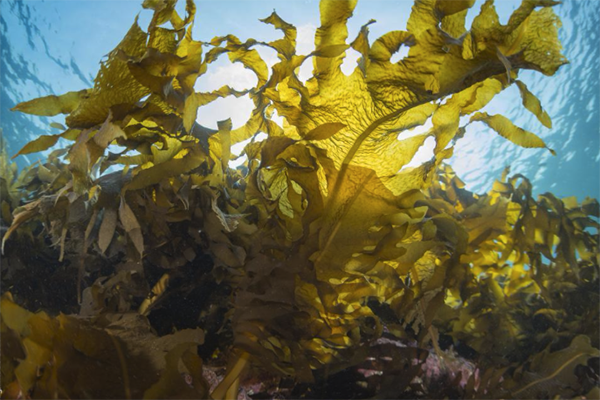
The European Commission, the European Climate, Infrastructure and Environment Executive Agency (CINEA) and a consortium of sustainability consultants and algae organizations are launching EU4Algae – a European algae stakeholder platform. The goal of the platform is to expedite the development of a European algae industry and promote algae for nutrition and other uses among consumers and businesses in Europe.
Aside from being a nutritious source of food, algae production helps improve ocean health by reducing carbon dioxide, phosphorus and nitrogen in marine ecosystems. It’s also a “nursery and hide-out” for many marine animals, promoting underwater biodiversity.
“In its Farm to Fork strategy, a key component of the European Green Deal, the European Commission stated the goal for algae was to “become an important source of alternative protein for a sustainable food system and global food security,” the European Commission stated in a press release published on the website. “In last year’s strategic guidelines for sustainable aquaculture, the Commission highlighted the role of seaweed cultivation in climate mitigation (through carbon sequestration) as well as climate adaptation (e.g. nature-based coastal protection).”
However, the uptake of algae production and consumption is slow in Europe, compelling the European Commission to step up its game with this platform. The three-year project will accelerate the “scale-up of a regenerative, resilient, fair and climate-friendly algae industry” in Europe as well as bring more novel algae species to the market.
It’s anticipated that the platform will offer a unique space for collaboration among European algae stakeholders, including algae farmers, producers, sellers, consumers, technology developers as well as business-support organizations, investors, public authorities, academia, researchers and NGOs. It will also act as an information hub on algae funding calls, projects, business-related information, intelligence and best practices.
The collaboration platform will be online by summer 2022.
Follow the Advocate on Twitter @GSA_Advocate
Now that you've reached the end of the article ...
… please consider supporting GSA’s mission to advance responsible seafood practices through education, advocacy and third-party assurances. The Advocate aims to document the evolution of responsible seafood practices and share the expansive knowledge of our vast network of contributors.
By becoming a Global Seafood Alliance member, you’re ensuring that all of the pre-competitive work we do through member benefits, resources and events can continue. Individual membership costs just $50 a year.
Not a GSA member? Join us.
Author
Tagged With
Related Posts
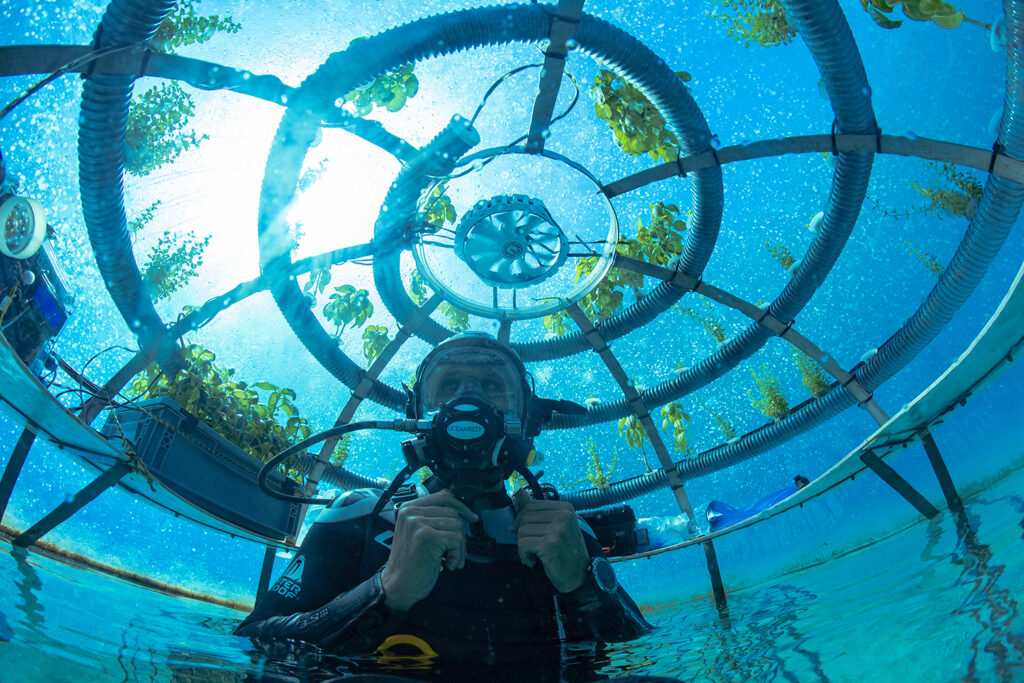
Innovation & Investment
20,000 lettuces under the sea: Could underwater agriculture be the future of farming?
Preliminary research suggests that emerging mariculture methods could provide alternatives to land-based agriculture and within recirculating systems.
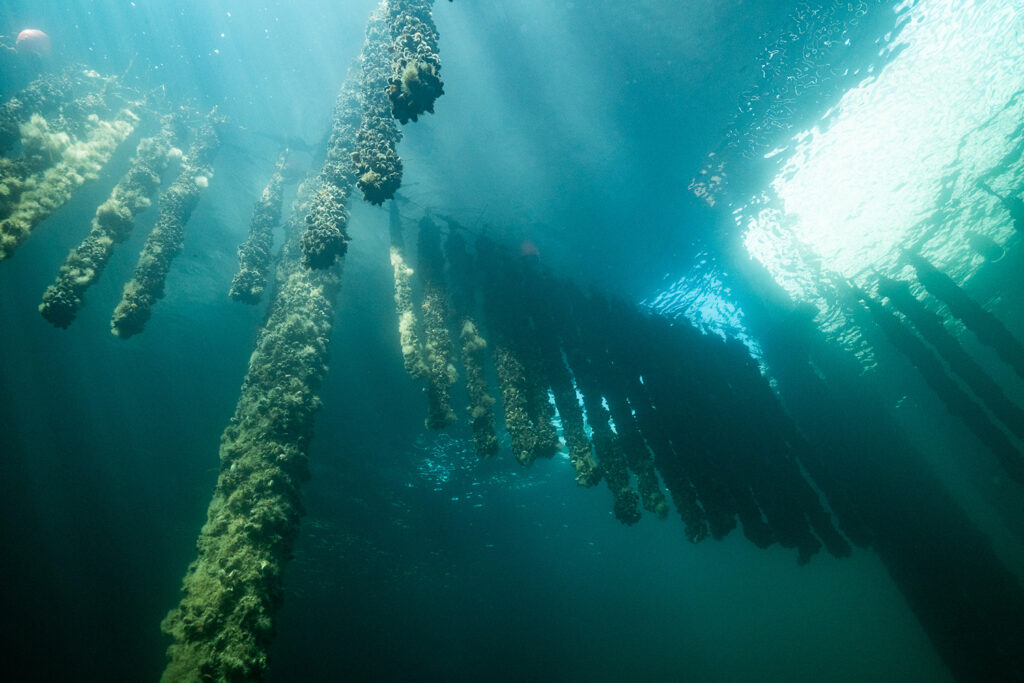
Intelligence
Regenerative ocean farming is trending, but can it be a successful business model?
There are environmental benefits from regenerative ocean farming but its success hinges on establishing community-driven business models.
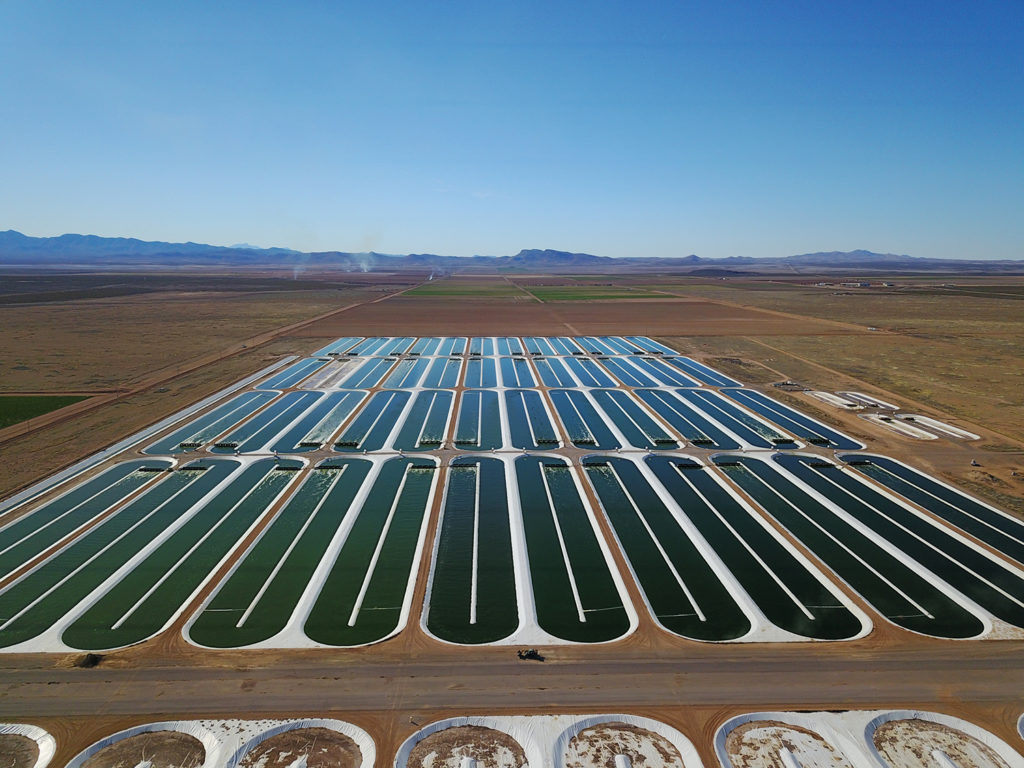
Aquafeeds
Pond-cultivated algae: Slimy superhero for aquafeeds?
Qualitas Health, which grows algae in ponds in New Mexico and Texas for human supplements, is entering the alternative aquafeed ingredient market.
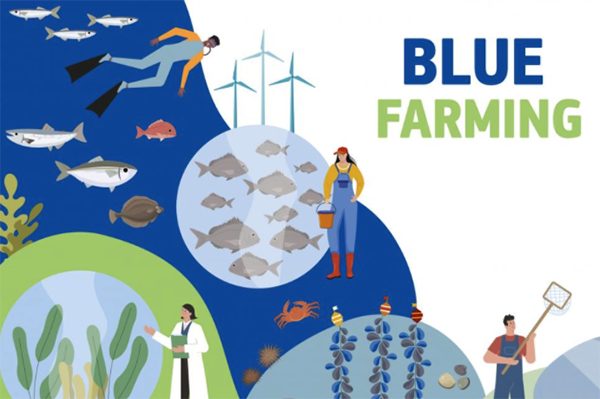
Intelligence
‘Blue Farming’ sustainable aquaculture document updates Europe’s Farm to Fork strategy
The European Commission reaffirmed its commitment to sustainable aquaculture with the agri-food policy update Blue Farming in the European Green Deal.



